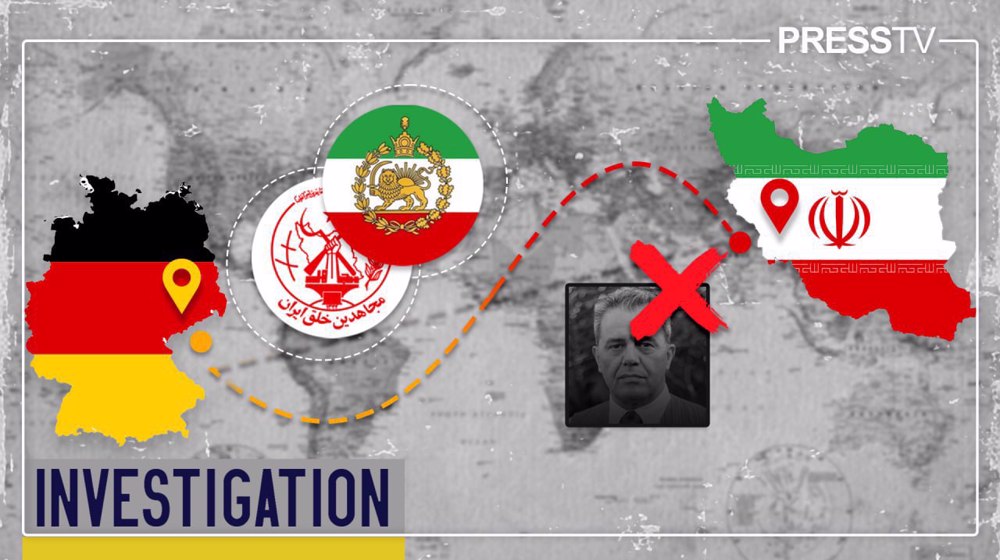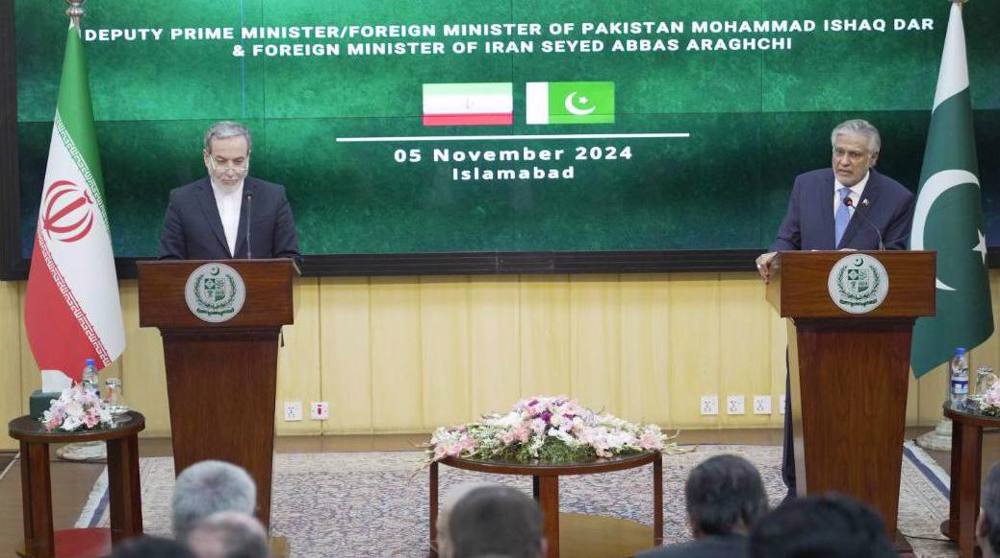Iran registers lowest daily coronavirus death toll in past months: Health minister
Iran’s health minister says the country has registered its lowest COVID-19 death toll in the past few months as a result of strict adherence to preventive protocols, and is producing its own coronavirus vaccines, the second instance of which will enter human test phase next week.
Saeed Namaki’s Sunday remarks came after the spokesperson for Iran’s Health Ministry said earlier that 119 patients succumbed to COVID-19 infection during the past 24 hours, which has been the lowest figure in past few months.
“Despite the ongoing surge in the number of coronavirus infections in the world as a result of the new strain of the virus, which first surfaced in the UK, the figures in our country are fortunately going downhill and today, for the first time in the past few months, our mortality rate hit below 120,” Iran’s health minister said.
Although the world is grappling with more cases of coronavirus infections and the new variant of the disease has spread even to Japan, there is no such case in Iran, he added.
Unlike increasing cases of COVID-19 in European and American countries, he added, Iran has managed to contain a widespread pandemic in almost all provinces and reached a situation that there is no death figures and no cases of hospitalization in some provinces.
Namaki further said the number of red-alert cities in Iran has decreased from 160 to zero, adding there are currently 108 orange and 340 yellow cities while the country is moving toward low-risk and white cities.
'We will prove to world that our vaccine is better'
Elsewhere in his remarks, the health minister reiterated Iran's capability to produce coronavirus vaccine and called on all researchers not to become disappointed and keep up their hard work.
Expressing hope that Iranian researchers will never stop their efforts to come up with a potent COVID-19 vaccine, Iran's health minister emphasized, "We will prove to the entire world that our domestically-produced vaccine is much better than vaccines produced elsewhere across the globe."
Iran has been among the countries hit hard by the coronavirus that first showed up in China in late December 2019 before spreading across the globe.
The country is battling the infectious virus under the harshest sanctions which the US re-imposed after leaving the UN-backed nuclear deal between Tehran and major world powers in 2018.
Iran, which reported its first COVID-19 infection cases in late February, has mobilized all its resources to tackle the issue, including increased production and import of hygiene and protective items as well as enforcing diagnostic measures across the nation.
Addressing a special session of the UN General Assembly early this month, the Iranian health minister said the unilateral sanctions have targeted the medical sector during pandemic.
Namaki said it was crucial for everyone to have timely, cost-effective and equitable access to diagnostic, medical equipment, medicines and vaccines with no discrimination, sanctions or unjustifiable prioritization.
The Iranian minister had earlier penned a letter to the WHO chief, asking for global efforts towards ending America’s “unilateral and illegitimate” sanctions against Iranians amid a deadly coronavirus pandemic.
In a letter Tuesday to Tedros Adhanom Ghebreyesus, the director general of the World Health Organization (WHO), the Medical Council of the Islamic Republic of Iran (IRIMC) said the “unilateral and illegitimate sanctions” imposed by the United States have complicated the country’s fight against the coronavirus pandemic, particularly by impeding access to much-needed medicines and vaccines.
IRIMC President Mohammad Reza Zafarqandi said the council, as a non-governmental organization and the senior medical regulatory body in Iran, feels a responsibility to seek all possible avenues to provide COVID-19 vaccines for both Iran’s medical staff and general public.
Read more:
Latest ballots polls show Harris, Trump tied as voting continues
UNRWA warns of humanitarian collapse in Gaza
'Hello my enemies': Lebanese journalist on Israeli threats and his resolve to continue
Outrage in France as MP proposes bill to ban criticism of Israel
VIDEO | The strategy of Hezbollah in war
Israeli military withdraws several brigades from southern Lebanon: Report
48-year-old Palestinian man serving 48 life terms completes 22 years in Israeli jails
From MKO to Tondar, how Germany became safe haven for anti-Iran terror groups











 This makes it easy to access the Press TV website
This makes it easy to access the Press TV website